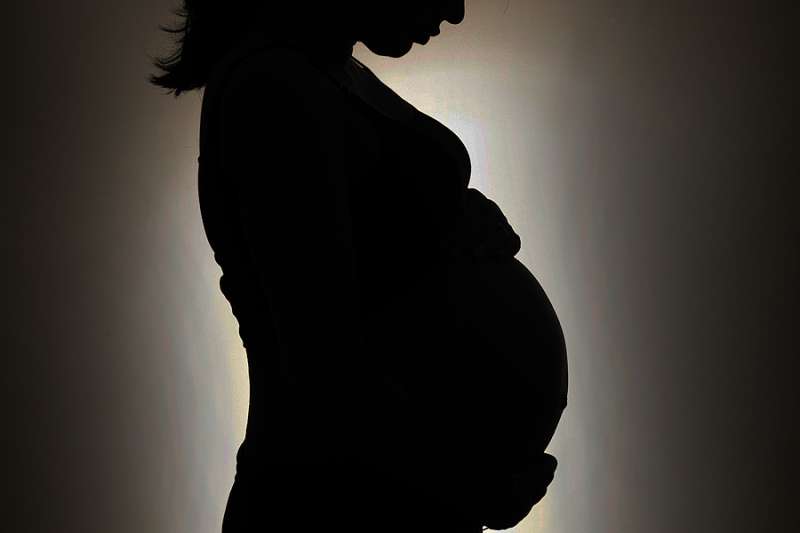Kenya's high court is considering the state of health care in the country, as it hears a case brought on behalf of a young woman who died last month from complications which were related to a back-alley abortion she procured in 2014.
The girl, known by her initials JMM, was raped in 2014 at the age of 15. In December of that year, her guardian “received a call from a relative informing her that the former was vomiting and bleeding heavily at a local clinic where she had gone to seek treatment,” Akello Odenyo reported in The Standard, a Nairobi daily, May 28.
JMM had told clinic staff she had procured an unsafe abortion and that was sent to a variety of hospitals for post-abortive care.
In 2015, JMM's mother, along with the Federation of Women Lawyers and the Centre for Reproductive Rights, filed a suit against the Ministry of Health claiming JMM was not provided with proper post-abortion care and calling on the government to provide access to safe abortions.
JMM developed kidney failure, and died June 10, 2018.
The 2010 Kenyan constitution made abortion legal in certain circumstances — in the cases of emergencies and when the woman’s health is in jeopardy.
Since then, Kenya's health ministry “has withdrawn essential guidelines on conducting safe abortions and banned health workers from training on abortion,” according to Reuters.
The guidelines were removed in 2013 “after it emerged they were being used for unintended purposes,” according to the testimony of Dr. Joel Gondi, head of the Reproductive and Maternal Health Service Unit, The Star reported.
“The guidelines, amongst other things, provided clarity on who could perform abortions, safe-guarding against illegal practitioners,” reported Reuters. “The ban on training has meant fewer health professionals available to perform the procedure or after care.”
The suit filed on JMM's behalf maintains that the poor care she received following her abortion was a result of the lack of safe abortion services. Petitioners seek the reinstatement of the abortion guidelines, and an end to the ban on training health workers on performing abortion.
The Ministry of Health reported in May that the country had spent 533 million Kenyan shillings ($5.29 million) treating complications from back-alley abortions.
Evelyne Opondo of the Centre for Reproductive Rights said that “While JMM was entitled to quality post abortion care irrespective of whether it was within the law or otherwise, she did not receive it from the point of first contact with the health system. Instead there were several delays and missed opportunities to mitigate the adverse effect of the unsafe abortion on her health and life.”
JMM's mother said that her daughter's death “was entirely preventable,” and maintained that “Kenya has to make abortion safe and accessible.”
The Kenyan high court heard three-day of testimony this week in the case. It has been adjourned until Sept. 18, and a verdict is expected before the end of the year.
Among the testimonies heard by the court was that of Dr. Wahome Ngari, who said that figures on the number of back-alley abortions procured, which are used to argue for the expansion of abortion rights, are wildly inflated.
Ngari said that a report by a reproductive health firm which had been cited in the court and which estimated 400,000 unsafe abortions in 2002 was inaccurage.
The physician said the correct figure was 140,000, The Standard reported.
Such inflation “was used in Malawi to push the Government to repeal their abortion law,” he told the court.
Ngari said the focus on health care for pregnant women in Kenya should begin with blood loss.
“The reason pregnant mothers die in the country is haemorrhage, followed by infections, hyperactive disorders, prolonged or obstructed labour and lastly abortion. Anyone who wants to offer a solution should follow that order.”

